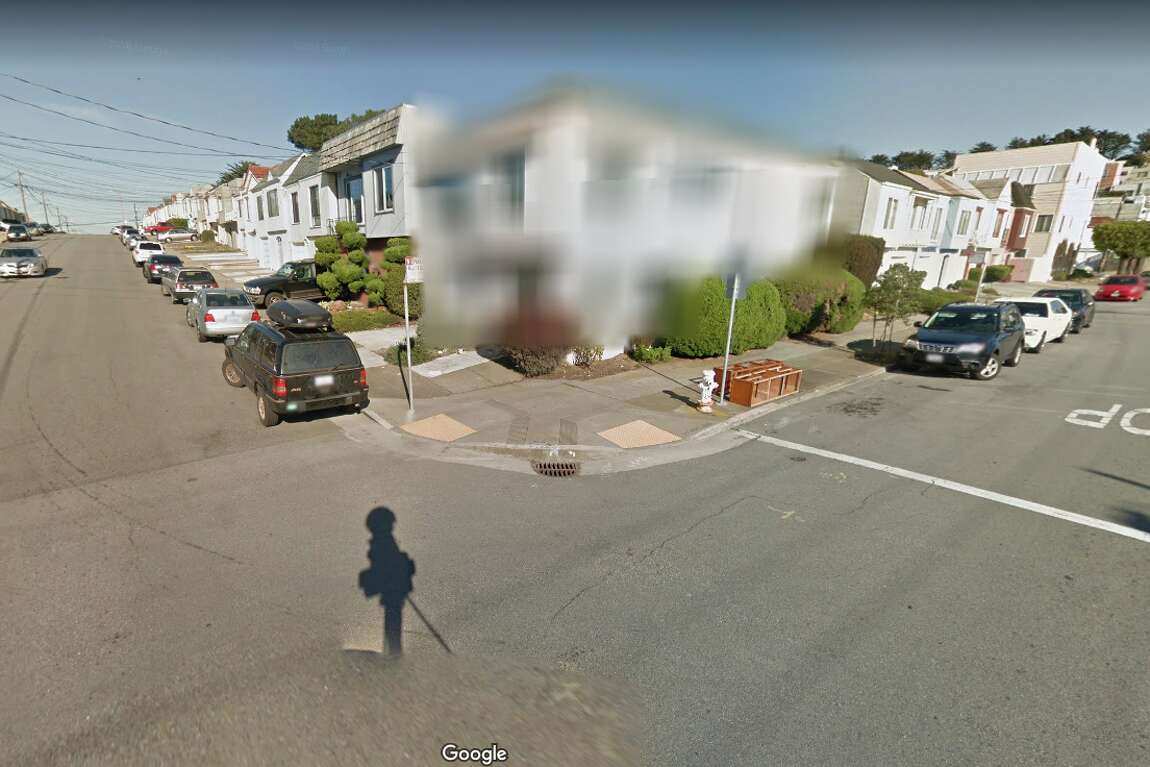Cybersecurity Ethics
This course examines ethical issues relevant to ethics for cybersecurity professionals, including privacy, professional code of conduct, practical conflicts between engineering ethics and business practices, individual and corporate social responsibility, ethical hacking, information warfare, and cyberwarfare. Students will gain a broad understanding of central issues in cyberethics and the ways that fundamental ethical theories relate to these core issues.
Course Material – Reflection
When working on the case analysis that dealt with privacy, it really got me thinking about how privacy really needs to work. The case was about Google and their street view being banned in other countries and having been sent to court because of having their privacy broken by the Google car driving by. Canada wasn’t happy with Google because, according to Cory Doctorow, there are many areas that have people that can recognize the surroundings and bodily descriptions and reading that made me feel bad for anyone that got in trouble during that time with the Google car finding something that could’ve ruined someone’s life in that area of Canada. The way that Google ran their Google car at first made it seem super unsettling with what they could find without the public knowing. It reminded me that it’s a good thing that I keep my windows closed during the day, even if it’s nice outside. Knowing that people are easily able to recognize someone causes me great discomfort when seeing something suspicious happening over Google maps because it could only lead to trouble if someone were recognized while doing something super shady or illegal. It made me realize how important that privacy really is, especially if it’s something really important to the one that requests the privacy. Google should definitely think about the public when it comes to their street view, for it can only cause problems like described in the case. Knowing that they at least blur out license plates and faces is reassuring but knowing how people can recognize someone just from their body is very unsettling to hear about especially when it can get you into a lot of trouble. The main takeaway from this topic to me is that companies and people themselves should value the privacy of everyone, for it may be lifechanging if someone’s privacy is broken and they’re left helpless.
The next case I have chosen is the one based around user data. It’s based around the General Data Protection Regulation, and it deals Europe’s privacy laws and if the United States should implement it. I believe that the United States should in fact implement it because it feels necessary for the American people. It made me feel how deprived we are of the safety of our privacy, especially over the internet. With how the American government works, it worries me because I’m afraid of my privacy being taken from me. It makes me feel the need to get rid of certain social media platforms because of it, including Facebook which supposedly has the worst case of it. If a breach were to happen with the GDPR, supervisors need to report it within a 72-hour timeframe unless it’s severe enough for public disclosure. Having stricter privacy laws would greatly benefit the people’s data online and it makes me feel that we really should implement this set of privacy laws, especially against large companies like Google and large social media platforms. The case readings both were failures on privacy protection and I felt really bad for all of the people that participated in those projects and had their private data practically lost to the world for anyone who was smart enough to find. Hearing that the American people can benefit from this kind of privacy laws would help everyone out, making life on the internet way less intimidating. The main takeaway for this is that the United States should definitely implement stronger privacy laws so that the people of the country can go about their lives without worrying about their data being stolen or having their data being sold to large companies.
The third topic I chose to write about is the case on Information Warfare. It describes Facebook having a place in the elections based on their algorithms and “I voted” buttons. It increased voter values and gave people more incentives towards voting. They also had propaganda that was running all throughout it and the platform didn’t really do much about it, even though they said they were trying to. This whole scene made me think that Facebook claimed to be working on it but didn’t do anything about it for the sake of them making more money for having more users on the platform. Misinformation was also massively spread during the election, which also I felt made a huge difference with the election and it probably would’ve been a lot different if Facebook had done the right thing and filtered out the fake news. Having all the fake news spread around made me feel worried for how society can easily fall for such news and cause an entire change in the votes. Facebook just wanting money seems to be the big thing from this case and even if countries have to promote their propaganda or throw fake news about for an important place of power, it really proves that Facebook had a hand in the election votes. The main takeaway from me for this is that Facebook should really work on how their platform works for the sake of itself instead of money because in the end it’ll only lead to its downfall because of so much misinformation being spread that nobody will know what to believe and leave the platform entirely, causing the website to inevitably shut down and cease to exist.
When working on the case analysis relating to privacy laws, I learned some values and skills that help me out in my daily life. A value I gained from the case analysis was that companies have very little knowledge when it comes to keeping privacy to those who really need it. When they don’t put this first, it really hurts others and it can potentially ruin lives all over some shoddy censoring. The analysis also gave me a skill that allows me to organize my data into ways that I can have the information I need for a certain section at the ready whereas before I was searching all over for the information that I needed right there. One of the biggest values that I learned from this is respect because it can help a great deal, especially with privacy and how cherished it is to some. It taught me that learning about other countries and their cultures can really differentiate how things work compared to America. It also taught me that these companies really need to earn the trust of their customers and users because if they can’t value their own privacy, then what’s the point in trusting the company? If the companies can learn to keep the people’s privacy safe, then the people will learn to trust the company. I took these values and skills into consideration by gathering my data in sections and using them when I needed to, and also valuing people’s respect and trust towards me so that I don’t cause any problems among friends and family. I also was provided with screenshots and papers relating to my topic, such as privacy articles relating to Facebook and other large companies. I have provided images that have shown how Google had used its car and the technology it has to give out its subpar blurring and censoring

